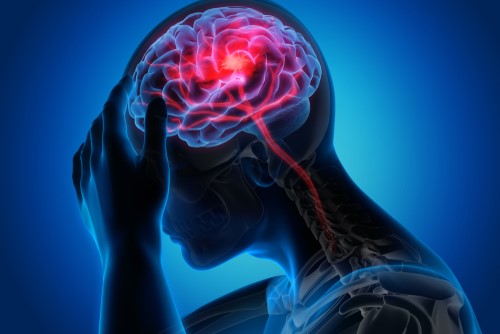A study found a correlation between migraine risk and biomarkers for heart disease and iron deficiency. The results appeared in the journal Cephalalgia.
To conduct this study, researchers examined the association of 22 clinical chemistry tests with migraine risk in 697 migraine patients and 2,722 controls. Cross-trait genetic analyses were conducted using genome-wide association study (GWAS) data from 23,986 to 452,264 individuals.
The results highlighted notable correlations between migraine risk and biomarkers of cardiovascular disease (CVD) risk, iron deficiency, and liver dysfunction (odds ratios [ORs] ranging from 0.86-1.21). Moreover, the cross-trait genetic analyses corroborated the biomarker correlations, indicating that their relationship with migraine is more consistent with gene production than causality. For example, the researchers noted, the association and genetic overlap between a lower level of HDL cholesterol and increased migraine risk are due to shared biology rather than a causal relationship. While the genetics analyses revealed shared genetics among migraine, heart problems, and iron deficiency anemia, they were not associated with liver disease.
The researchers concluded that these findings “highlight common biological mechanisms underlying migraine, heart problems, and iron deficiency anemia and provide support for their investigation in the development of novel therapeutic and dietary interventions.”
Source: Cephalagia
Keywords: Biochemistry tests, Mendelian randomization, SNP-based genetic overlap, gene-based genetic overlap, genetic correlation









